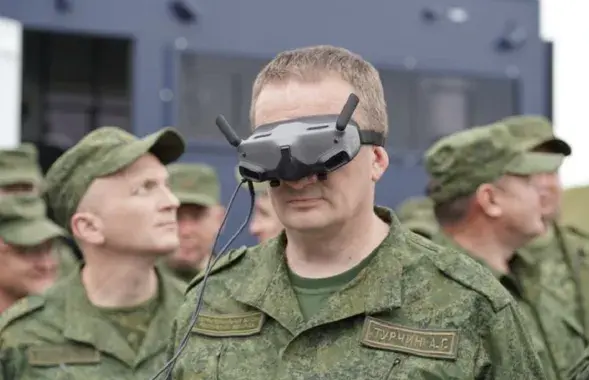Will Olympic sportsmen have to take exam in their mother tongue?
Belarusian sportsmen will set off for Beijing today, on July 18. When the head of the National Olympic Committee and the President of the country found out that our sportsmen would be met by Chinese children studying Belarusian at school at the Olympcis-2008, they seemed to be worried: will our sportsmen understand them? He noted: maybe they should be given a few lessons of their mother tongue.
The European Radio has decided to find out whether potential winners of Olympic medals could speak or understand Belarusian.
A track-and-field athlete Marharyta Turava agreed to talk to us in Belarusians, she noted she liked it better than Russian:
Turava: I have visited my home village recently. Everyone speaks Belarusian there and there was no misunderstanding.
A cyclist Natallys Tsylinskaya also talked to ERB in Belarusian.
Tsylіnskaya: The poem I remember best since my school years is “Bandarouna”. My favourite Belarusian ensembles are “Syabry” and “Pesnyary”.
However, unlike Turava, Tsylinksaya thinks that no special classes should be organized before the Olympics.
Tsylіnskaya: We will be able to say hello in Belarusian and that will be enough. We have other goals there – we need to earn medals for our country.
The same opinion was expressed by the press secretary of the National Olympic Committee Pyotr Rabuhin:
Rabuhіn: We are a democratic country and everyone can decide what to study and what to know. All bread is not baked in one oven – I think we learned the lesson in the Soviet Union.
However, Mr. Rabuhin noted that many Belarusian sportsmen had started boasting of their ability to sing the Belarusian anthem. A tennis player Maxim Mirny is going to learn it too. His father said that we would here it as soon as Max achieved podium success.
An Olympic champion Yuliya Nestyrenka is rather bad at her mother tongue. She says it has become rusty since school.
Nestsyarenka: Maybe I would be good at the language if my parents spoke it. But… I practically do not hear it in everyday life.
The European Radio has decided to find out whether potential winners of Olympic medals could speak or understand Belarusian.
A track-and-field athlete Marharyta Turava agreed to talk to us in Belarusians, she noted she liked it better than Russian:
Turava: I have visited my home village recently. Everyone speaks Belarusian there and there was no misunderstanding.
A cyclist Natallys Tsylinskaya also talked to ERB in Belarusian.
Tsylіnskaya: The poem I remember best since my school years is “Bandarouna”. My favourite Belarusian ensembles are “Syabry” and “Pesnyary”.
However, unlike Turava, Tsylinksaya thinks that no special classes should be organized before the Olympics.
Tsylіnskaya: We will be able to say hello in Belarusian and that will be enough. We have other goals there – we need to earn medals for our country.
The same opinion was expressed by the press secretary of the National Olympic Committee Pyotr Rabuhin:
Rabuhіn: We are a democratic country and everyone can decide what to study and what to know. All bread is not baked in one oven – I think we learned the lesson in the Soviet Union.
However, Mr. Rabuhin noted that many Belarusian sportsmen had started boasting of their ability to sing the Belarusian anthem. A tennis player Maxim Mirny is going to learn it too. His father said that we would here it as soon as Max achieved podium success.
An Olympic champion Yuliya Nestyrenka is rather bad at her mother tongue. She says it has become rusty since school.
Nestsyarenka: Maybe I would be good at the language if my parents spoke it. But… I practically do not hear it in everyday life.

















